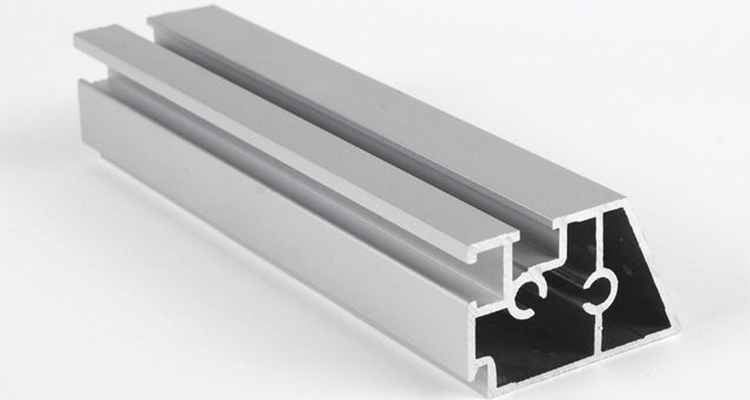Introduction:
The production of aluminum alloys involves several processes in which impurities like solid particles and gases can affect the quality of the final product. The presence of impurities can cause defects like porosity, shrinkage, and others, making aluminum components unsuitable for specific applications. To ensure high-quality aluminum alloys, a robust filtration system is needed.
The traditional filtering process, using sand, gravel, and other materials, does not provide the required filtration efficiency and can lead to clogging and high maintenance costs. However, new filtration technologies like the aluminum ceramic foam filter, offer a game-changer approach to aluminum alloy production.
In this article, we will explore the application of aluminum ceramic foam filter technology in aluminum alloy production, highlighting its advantages and limitations.
What is Aluminum Ceramic Foam Filter Technology?
Aluminum ceramic filter technology is a state-of-the-art filtration process for aluminum alloys during production. It is a highly efficient and cost-effective way of removing impurities from aluminum melts, improving the quality of the final product. This technology utilizes a porous ceramic foam to filter out unwanted particles and gases from the aluminum alloy.
The ceramic foam is made from a unique composition of alumina, silicon carbide, zirconia, and other materials that offer high resistance to high-temperature environments. The ceramic foam’s porosity allows the metal melt to pass through and removes the impurities that settle into the foam’s microscopic pores, ensuring that high-quality aluminum alloys are produced.

Advantages of Aluminum Ceramic Filter Technology:
1. High Filtration Efficiency: The aluminum ceramic filter removes up to 99% of the impurities in the aluminum melt. The filter’s unique pore structure ensures that even smaller particles and gases are captured and eliminated during the filtration process.
2. Reduced Waste and Costs: The use of aluminum ceramic filters in aluminum alloy production reduces the amount of waste generated. This leads to more efficient use of raw materials, and significant cost savings for the manufacturer.
3. Increased Product Quality: Impurities in the aluminum alloy can lead to defects like porosity, shrinkage, and other issues that reduce the final product’s quality. The aluminum ceramic foam filter ensures that only high-quality aluminum is produced, enhancing the product’s performance and lifespan.
4. Faster and More Efficient Production: The use of aluminum ceramic filters allows for faster and more efficient production of aluminum alloys. By removing impurities, the melting and casting process is streamlined, reducing production times and increasing output.
Conclusion:
Aluminum ceramic foam filter technology is a game-changing filtration technology for aluminum alloy production. Its unique filtering properties improve the quality of aluminum alloys, reduce costs, and enhance production efficiency.
Manufacturers looking to improve their aluminum alloy production processes should consider adopting the aluminum ceramic filter technology to optimize their production and produce high-quality aluminum alloys for various applications.

